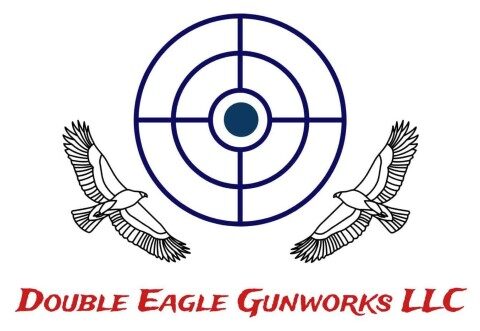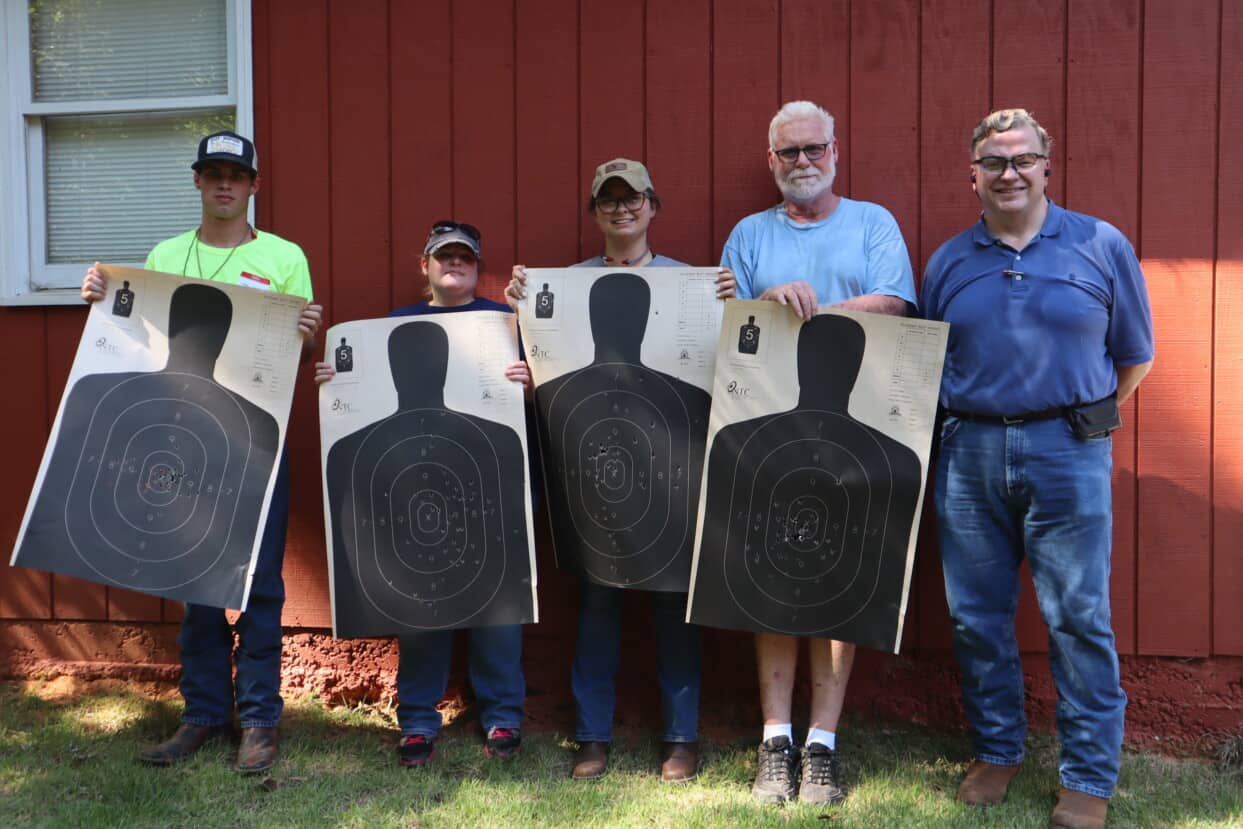| Location | Allowed | Prohibited | Details |
| Your Home | X | ||
| A Business You Own | X | ||
| A Home You Visit | X | With Permission of Homeowner | |
| School | X | ||
| College | X | ||
| Daycare | X | ||
| Preschool | X | ||
| Your Vehicle | X | ||
| A Business You Own | X | ||
| Police Station | X | ||
| Correctional Facility | X | ||
| Detention Facility | X | ||
| Courthouse | X | ||
| Courtroom | X | ||
| Polling Place | X | On Election Day | |
| Government Buildings | X | ||
| School Events | X | Unless Event is Firearms Related | |
| Where Federally Prohibited | X | ||
| Church/Religious Facility | X | Unless Authorized by Governing Body of Facility | |
| Medical Facility | X | Unless Authorized by Employer/Facility | |
| Bar | X | If Not Drinking Alcohol | |
| Restaurant | X | If Not Drinking Alcohol | |
| Posted Location | X | Must Be Properly Posted At All Entries; Business Owners May Make Exceptions |
Now that you have decided you would like to try concealed carry, find out about the gun laws in your state. Laws vary from the Constitutional Carry of Vermont, where the Constitution is your permit, to the extreme restrictions of California and New York. The USCCA website is a good source for a review of the law in each state.
Review South Carolina’s gun law here at scstatehouse.gov. South Carolina is a shall-issue state, meaning that an applicant who meets the requirements will receive a permit without further discretion on the part of the issuing agency.
The Penalty For Violating the Law
Violating the concealed carry statute in South Carolina is a misdemeanor and carries a fine of not less than $1000 and/or imprisonment for not more than one year, at the discretion of the court, with the permit revoked for five years.
You must carry your permit with you whenever you carry your gun, and you must show it to a police officer who requests identification.
The Concealed Carry law in South Carolina specifies handguns only (not long guns), and weapons must remain concealed rather than openly carried.
With a Concealed Weapons Permit (CWP), you may carry in your own home and in a business that you own. You must have permission to enter another person’s home while armed.
You are not allowed to take concealed weapons into a school, college, daycare facility, or preschool. You may have them on your person in your vehicle or locked in the vehicle while you are on the property.
You may secure your weapon under a seat in your vehicle or in any open or closed storage compartment within the vehicle’s passenger compartment.
A person without a Concealed Weapons Permit may have a gun only in a locked storage compartment or luggage area.
Make sure that someone looking into your vehicle cannot see your weapon. Remember that a person standing beside your car is likely to be looking at you from above.
When you meet a police officer in an official capacity, such as a traffic stop or an automobile accident, South Carolina Law requires you to declare your status as a CWP holder and let the officer know you are armed.
Declaring your weapon takes away a potentially unpleasant encounter that might occur if the police officer notices your gun and does not know your intentions.
The following are not permissible places for a CWP holder to carry:
- Law enforcement, correctional, or detention facilities
- Courthouses and courtrooms
- Polling places on election day
- Offices of or business meetings of the governing body of a county, public school district, municipality, or special purpose district
- School or college athletic event not related to firearms
- Daycare facility or preschool facility
- Places where the carrying of firearms is prohibited by federal law
- Churches or other established religious sanctuaries unless express permission is given by the appropriate church official or governing body
- Hospitals, medical clinics, doctor’s offices, or any facility where medical services or procedures are performed unless expressly authorized for employees by the employer
- Bars and restaurants that sell alcohol if you plan to consume any alcoholic beverages
- Places clearly marked with a sign prohibiting the carrying of a concealable weapon on the premises. A property owner, or an agent acting on his behalf, may allow individuals of his choosing to enter the property regardless of posted signs. (A person who violate a provision of this item, willfully or not, may only be charged with trespassing.)
Proper Signage Required
For signs prohibiting concealed weapons to carry to meet the legal requirements, they must be posted at each entrance into a building where CWP holder is prohibited from carrying.
The signs must be clearly visible from outside the building. They should be eight inches wide by twelve inches tall. They must contain the words “NO CONCEALABLE WEAPONS ALLOWED” in black one inch tall uppercase type at the bottom of the sign and centered between the lateral edges of the sign.
They must contain a black silhouette of a handgun inside a circle seven inches in diameter with a diagonal line that runs from the lower left to the upper right at a forty-five degree angle from the horizontal. They must be placed less than forty inches and not more than sixty inches from the bottom of the building’s entrance door.
The Castle Doctrine
In South Carolina your home is your castle. You don’t have to have a Concealed Weapons Permit to carry a gun in your home. The Protection of Persons and Property Act extends the definition of home to include an occupied vehicle and your place of business. Under this act you have no duty to retreat if:
- You have a right to be where you are
- You are not engaged in unlawful activity
- The use of deadly force is necessary to prevent death, great bodily injury, or the prevention of a violent crime
Exceptions for Specified Occupations
The following permit holders may carry a concealable weapon anywhere in the state when carrying out the duties of their office:
- Active Supreme Court justices;
- Active judges of the court of appeals;
- Active circuit court judges;
- Active family court judges;
- Active masters-in-equity;
- Active probate court judges;
- Active magistrates;
- Active municipal court judges;
- Active federal judges;
- Active administrative law judges;
- Active solicitors and assistant solicitors; and
- Active workers’ compensation commissioners.
The South Carolina Law Enforcement Division, or SLED, has a website which gives helpful information about South Carolina’s reciprocity with other states, procedures for obtaining your CWP, and frequently asked questions about the process. To see a list of CWP instructors, go to sled.sc.gov and choose your county. You will find Chris Pittman listed in Spartanburg County.
Your state may be more or less restrictive than South Carolina, and new laws are enacted all the time. Keep abreast of the law in your state. For situations not clearly addressed by the text of the law, contact a law enforcement agent or lawyer for guidance. Disclaimer: I am not a lawyer and I don’t give legal advice.
We suggest getting liability insurance when you purchase a gun.


